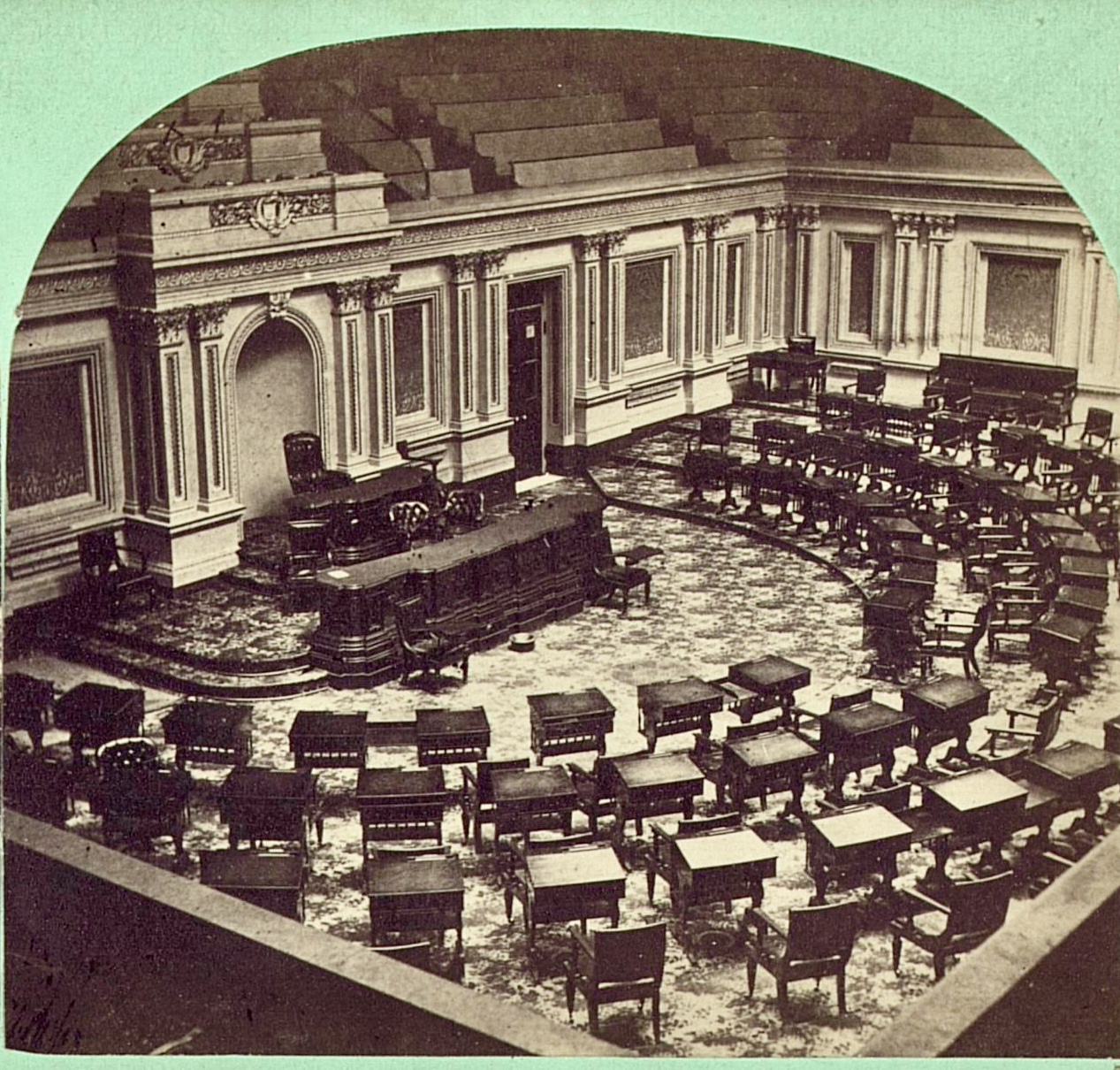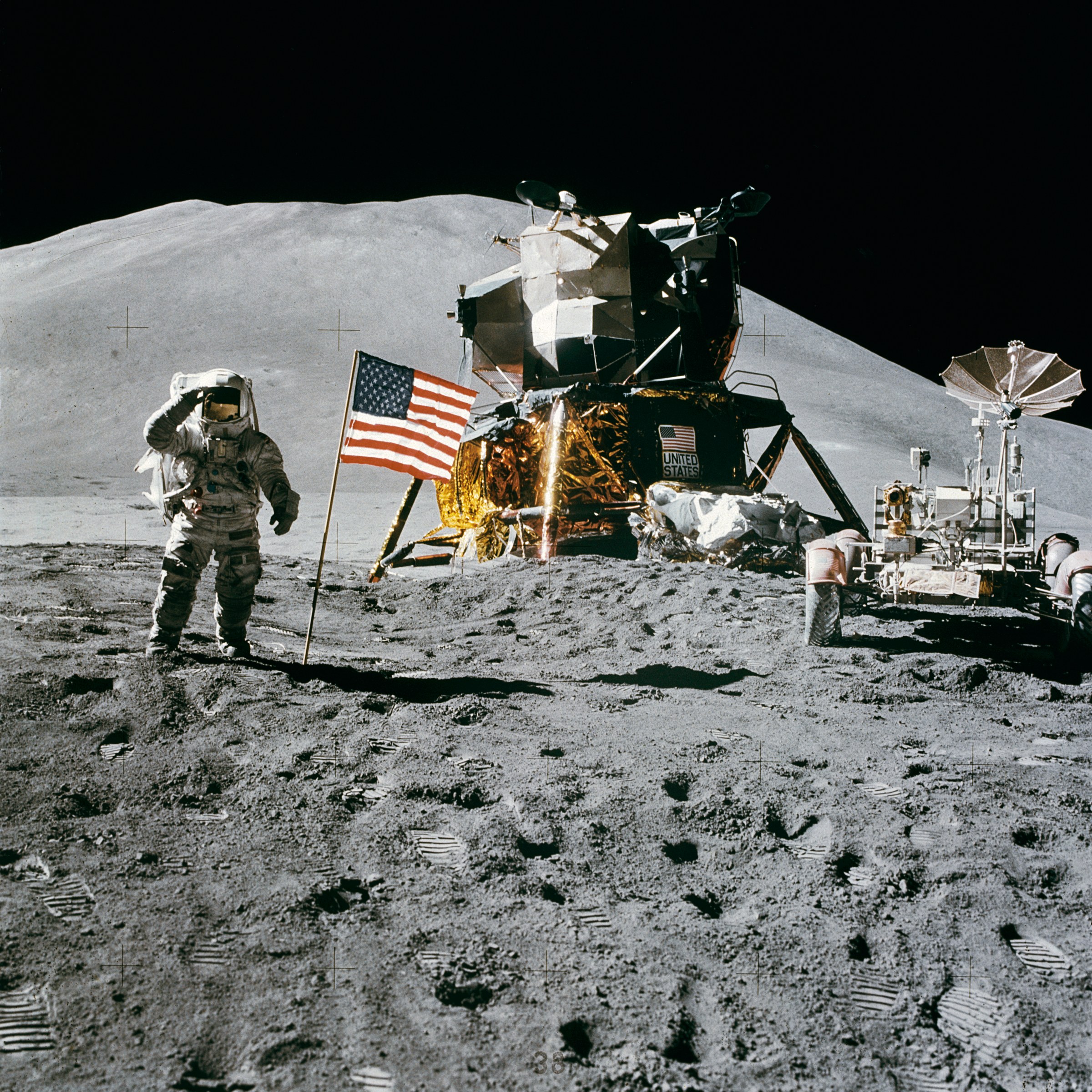The days of America bankrolling its own humiliation at the United Nations are officially over. With Mike Waltz’s Senate confirmation as U.N. Ambassador, President Trump has installed what Jason Miller aptly calls a “proven ally” and “sheriff” in the very institution that has spent decades treating American taxpayers like an ATM while advancing anti-American agendas.
The 47-43 Senate vote tells the real story here—establishment politicians fought tooth and nail against this appointment because they understand exactly what it means. For the first time in years, America will have representation at Turtle Bay that actually represents American interests rather than genuflecting to globalist consensus.
Waltz brings something the U.N. hasn’t seen from an American ambassador in far too long: backbone. His military background and unwavering Trump loyalty create the perfect combination to expose what Miller describes as the “moving and scheming” that has operated in shadows while America footed the bill. When you’re contributing over $12 billion annually to an organization—roughly 22% of its core budget—you deserve more than polite diplomatic theater.
The strategic implications extend far beyond personnel changes. This appointment signals Trump’s broader doctrine of leading from strength rather than retreating from international institutions. Instead of abandoning the field to hostile actors, America is reclaiming its rightful position and demanding accountability for every dollar spent.
Consider the Israel factor alone. For years, anti-Israel coalitions have used American funding to legitimize attacks on our most reliable Middle Eastern ally. The U.N.’s systematic bias against the Jewish state has operated with virtual impunity, knowing previous American ambassadors would offer little more than strongly-worded objections. Waltz’s appointment changes that calculus entirely.
The economic leverage potential is staggering. When America funds nearly a quarter of U.N. operations, we possess tremendous power to demand reforms and block anti-American resolutions. Previous ambassadors treated this financial reality as an inconvenient detail rather than the strategic weapon it represents. Waltz understands the difference between diplomacy and capitulation.
Miller’s emphasis on bringing “public attention” to backroom dealings reveals another crucial dimension of this appointment. The globalist project has always thrived in darkness, relying on complexity and bureaucratic obscurity to advance policies that would never survive public scrutiny. Transparency becomes a weapon when you’re confident your positions can withstand daylight.
The constitutional framework here matters enormously. America’s founders never intended for unelected international bureaucrats to influence domestic policy or constrain American sovereignty. Waltz’s confirmation represents a return to constitutional principles that recognize international engagement as a tool of American foreign policy, not a substitute for it.
China and other hostile actors have grown comfortable operating within U.N. structures that amplify their influence while diminishing America’s. They’ve mastered the art of using our own contributions against us, building coalitions designed to constrain American power while advancing their authoritarian agendas. That comfortable arrangement just ended.
The narrow Senate vote actually strengthens Waltz’s position by demonstrating Trump’s commitment to this appointment despite establishment resistance. When the President expends political capital to secure a specific nominee, it sends unmistakable signals about priorities and expectations.
Patriots should watch for early confrontations with anti-American coalitions as indicators of this new enforcement strategy. Waltz’s first major showdowns with China-led initiatives or anti-Israel resolutions will reveal whether this appointment represents genuine strategic shift or merely rhetorical adjustment.
The Reagan precedent looms large here. America’s greatest modern president understood that international institutions serve American interests or they serve someone else’s interests—there’s no neutral ground. Waltz’s confirmation suggests Trump has internalized that lesson and chosen accordingly.
After years of American passivity enabling globalist overreach, we finally have a sheriff in town. The question isn’t whether Waltz will confront anti-American scheming at the U.N.—it’s whether our adversaries are prepared for what happens when America stops subsidizing its own decline and starts demanding results.
The globalist free lunch just ended. Welcome to America First diplomacy.





